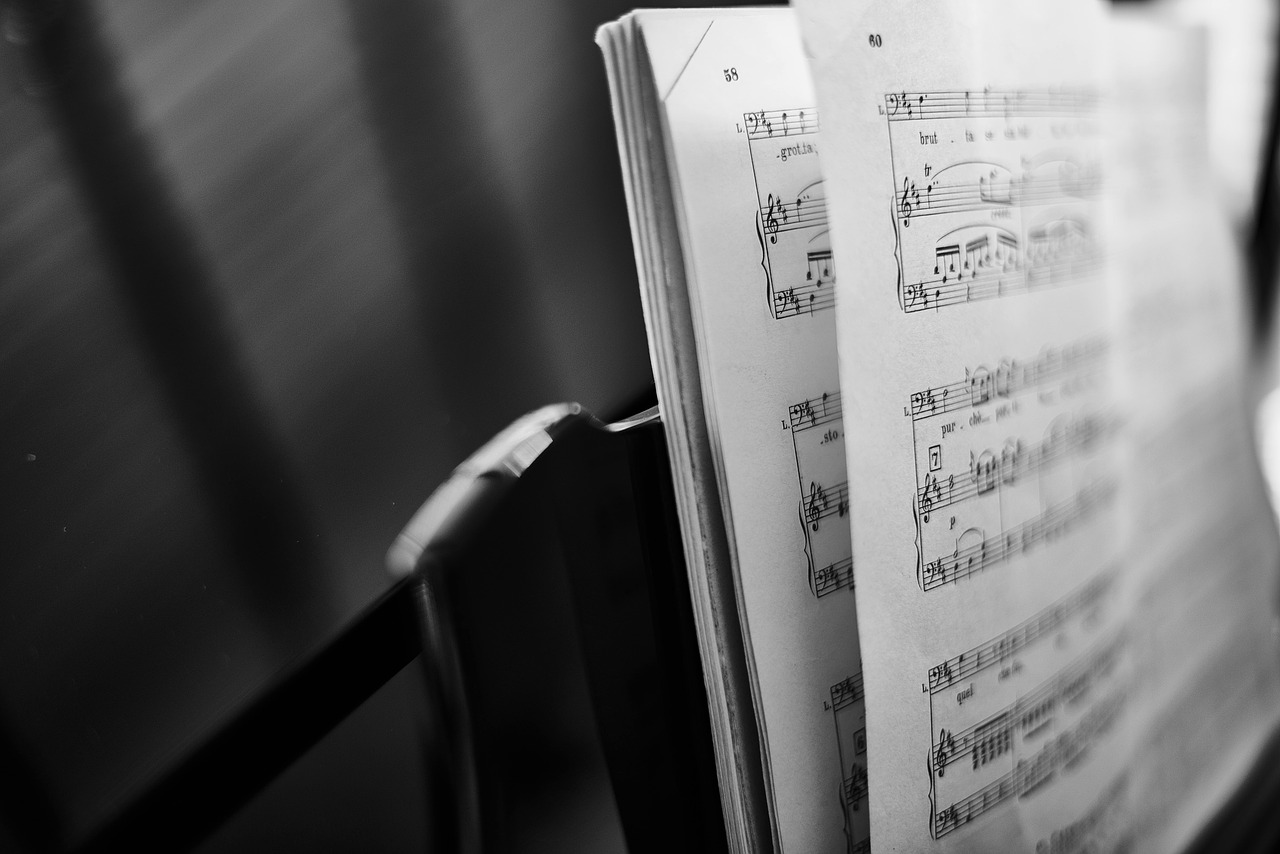The Performance Mentor
Music Resource Guide
Title: Music Resource Guide
Description
In here, you will find a brief guide to help musicians know more about their selective fields in music. If you happen to be a model, actor, or dancer, you might want to check these links out.
DJ: A DJ (disc jockey) is responsible for selecting, ordering, and playing pre-recorded music to an audience. DJs must maintain a working knowledge of music, as well as an almost complete knowledge of their specialism; DJs need to be technically proficient with sound equipment, sound software, and music control, including mixing, layering, and fading.
MC: MCs (master of ceremony) are responsible for running stage events, usually musical in nature. MCs are expected to order the show, introduce acts, and open and close the event, as well as interject jokes/stories between acts to keep the audience interested. MCs must appear sociable and friendly, be able to communicate well, and have strong improvisation skills.
Musicians: Musicians are responsible for playing, and often composing, music in a band or on their own. Musicians can often play many instruments such as percussion, woodwind, string, brass, guitar and keyboard, but usually specialise in one or two; this requires years, often decades, of musical training. While the required skills differ with instrument all musicians are expected to be able to read music and have a keen ear.
- Brass Instruments: Brass instruments produce sound through a sympathetic vibration of air, against a funnel or cup shaped mouthpiece. In an orchestra, the brass section commonly consists of trumpet, french horn, trombone and tuba.
- Guitar Instruments: Guitar instruments is a part of the stringed instruments family. It commonly consists of 6 strings or 4 strings. Acoustic, electric and classical guitar consists of 6 strings while bass guitars consist of 4. A musician produces a sound by plucking the strings of the guitar which creates sound through the vibration of strings.
- Keyboard Instruments: Keyboard instruments consist row of levers which is commonly pressed by the fingers. The common keyboard instruments are the organ, piano and different e-keyboards or electronic keyboards which includes digital pianos and synthesizers.
- Percussion Instruments: Percussion instruments can create a sound by scraping or striking it by a beater, rubbing it by hand, or striking it with another instrument which is similar to it. Next to the human voice, percussion instruments are believed to be one of the oldest musical instruments. In an orchestra, the percussion section commonly consists instruments such as the snare drum, cymbals, bass drum, tambourine and timpani.
- String Instruments: Stringed instruments produce a sound from the vibrating strings once the performer plays the stringed instruments in any whatever manner they play it. Musicians play stringed instruments by rubbing the strings with a bow or by plucking it with their fingers or a plectrum. While in some keyboard instruments, like the harpsichord, the musician presses the key that would pluck a string assigned to specific tunes.
- Woodwind Instruments: Woodwind instruments however are part of the general category of wind instruments. The two main types of wind instruments are the reed and flute instruments. The way these instruments produce their sound differentiates them from other wind instruments. By splitting an exhaled air stream on a sharp edge, like a fipple or a reed in particular, you can produce a sound to all woodwinds.
Rapper: Rapping is the art of accompanying music, usually R&B, with rhythmic, often fast, lyrics. Recorded rap is almost always pre-written, while live rap usually emphasises improvisation and poetic intuition; rap artists must be technically accomplished – speak rapidly and clearly – as well as have a keen sense of lyricism and rhythm. Successful rapping requires confident and dramatic performance, years of dedicated experimental writing, and an intimate knowledge of rap’s history and artists.
Singing: Singers are responsible for supplying vocals; they may be required to sing solo, accompany musicians, or accompany a choir. All singers are expected to have a rich voice, perfect pitch, good range, perfect diction, and a good understanding of breath, as well as any addition requirements their genre demands; for example, a large lung capacity for opera.
Song Writing: The art of writing lyrics to accompany music, which can be done before or after the music has been composed. Songwriters require proficiency in the same areas as poets: an understanding of meter, a professional grasp of words to convey emotion, and an ear for lyricism, but they must also must understand the type, and sound, of words that compliment different styles/textures of music.
Music Producer: A music producer manages the production and sound recording of an artist or a band’s music. Being a producer is a tough job though. Producers are versatile for they could be gathering musical ideas with the artists or even working with artists to improve their music’s lyrics, songs and arrangements.

